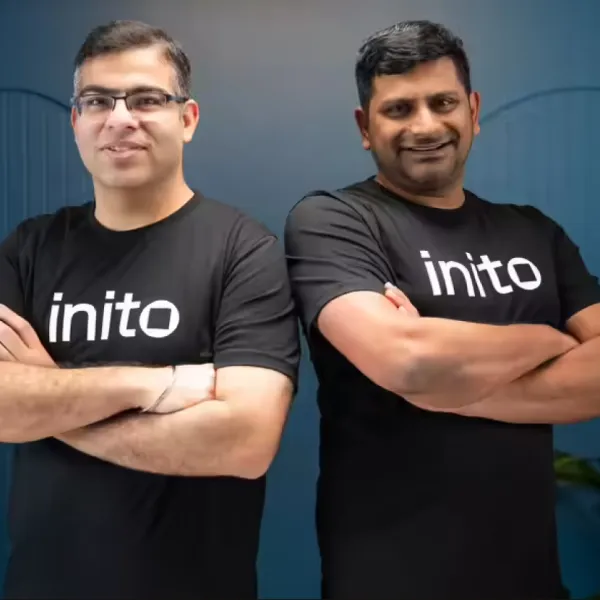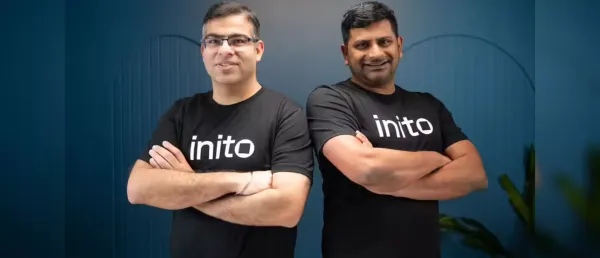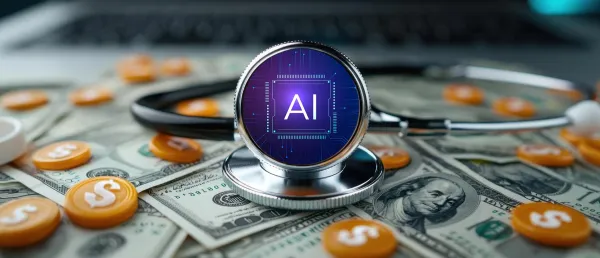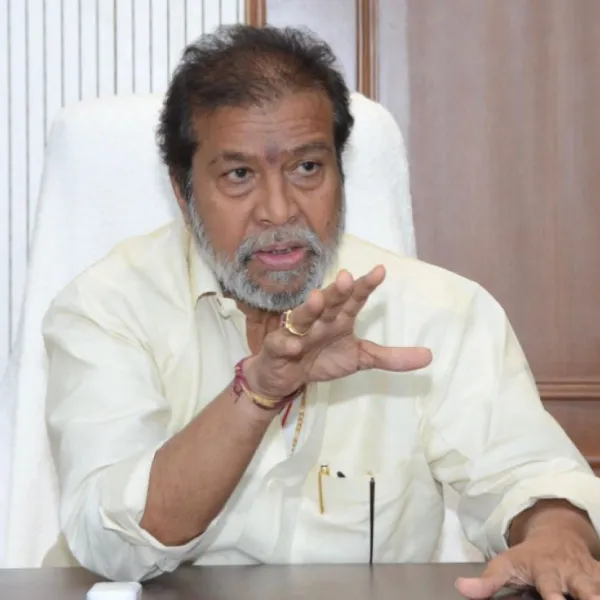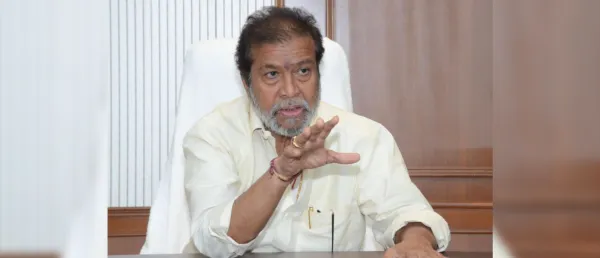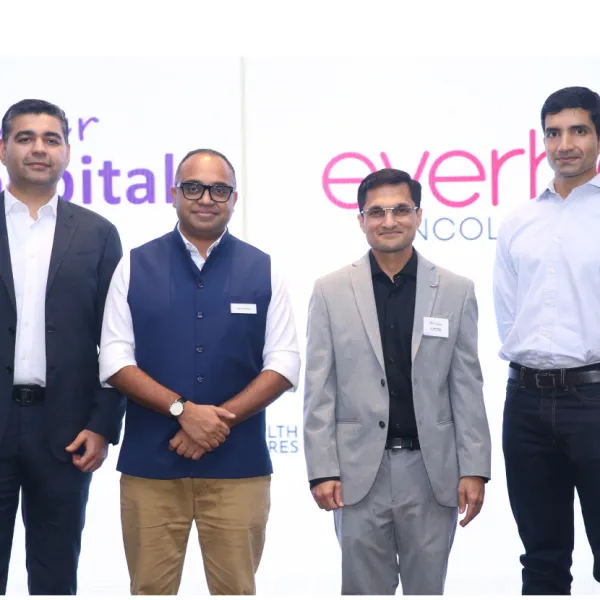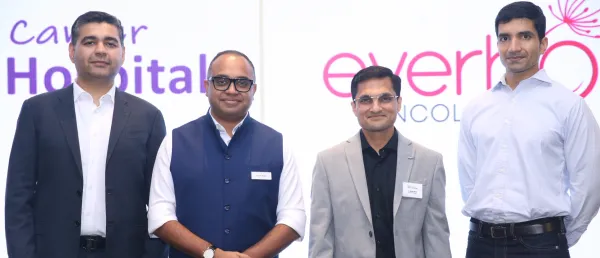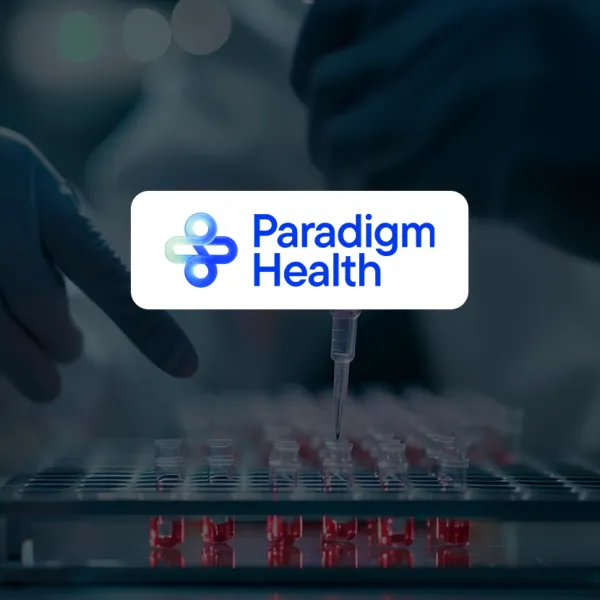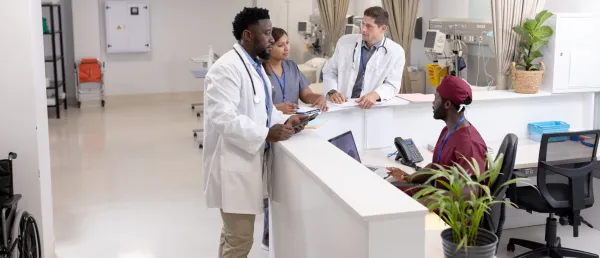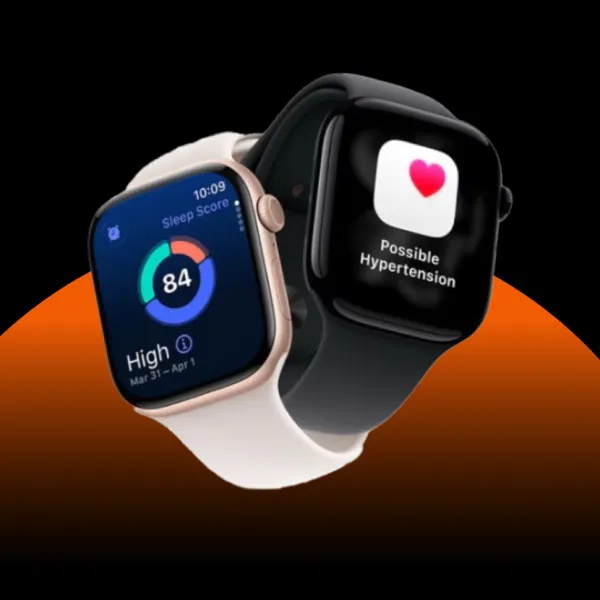Govt Ramps Up Oversight on Essential Cancer Drug Prices: Health Minister Nadda

A list of 131 essential cancer medicines, classified under Schedule 1, is under government pricing control. These commonly used drugs have collectively saved patients around INR 294 Cr, the health minister revealed.
Health Minister JP Nadda has confirmed that the government is monitoring the prices of essential cancer medicines to ensure they remain affordable and accessible to patients.
This move comes as India grapples with an increasing number of cancer cases, which have risen by approximately 2.5% annually.
During the question hour in the Lok Sabha on Friday, Nadda highlighted a troubling trend: the prevalence of cancer cases continues to escalate, with oral and lung cancers rising among men and breast cancer becoming more common among women.
Currently, over 15.5 Lakh cancer cases are registered each year.
To address these concerns, Nadda detailed the government’s proactive measures. A list of 131 essential cancer medicines, classified under Schedule 1, is under government pricing control.
These commonly used drugs have collectively saved patients around INR 294 Cr, the health minister revealed.
Additionally, although 28 drug combinations are not on this list, their pricing is also regulated by the National Pharmaceutical Pricing Authority (NPPA) and the government.
“There are 28 combinations, which are not in this list but the NPPA (National Pharmaceutical Pricing Authority) and the government have controlled their pricing as well. We have tried to make cancer drugs affordable," he added.
Responding to another question about healthcare infrastructure, Nadda revealed significant expansions in medical education.
The number of medical colleges has surged from 387 in 2014 to 731, and MBBS seats have increased from 51,348 to 1,12,112.
Postgraduate seats have also risen substantially, from 31,185 to 72,627. Nadda stressed the importance of balancing the quantity of medical education with quality, ensuring that the expansion does not compromise the standards of medical training.
"There should be a balance in quality and quantity of medical education. We are trying to go as fast as we can but, at the same time, (we) do not want to compromise on the quality of medical doctors," he said.
Days back, the minister emphasized the crucial role of the Central Drugs Standard Control Organisation (CDSCO) in ensuring product quality during a recent high-level meeting on drug, cosmetics, and medical device regulations. He stressed the need for transparency in procedures to meet global standards.
Recently, the union health minister reviewed the Ayushman Bharat Pradhan Mantri Jan Arogya Yojana (PMJAY) and Ayushman Bharat Digital Mission (ABDM) with senior officials of the National Health Authority (NHA) in Delhi.
The NHA also outlined plans to strengthen the network of impaneled hospitals and improve engagement with them.
Stay tuned for more such updates on Digital Health News







